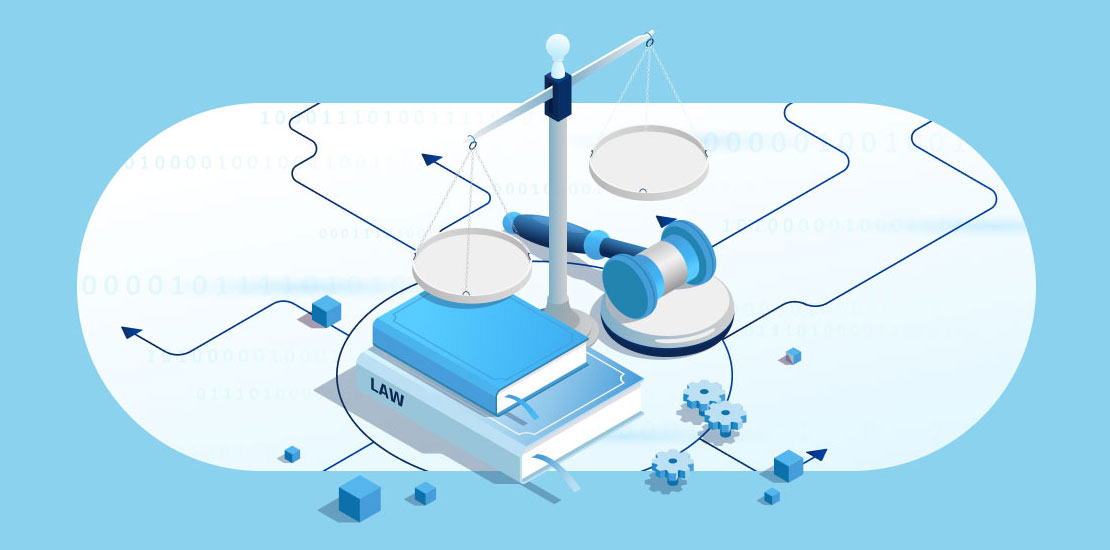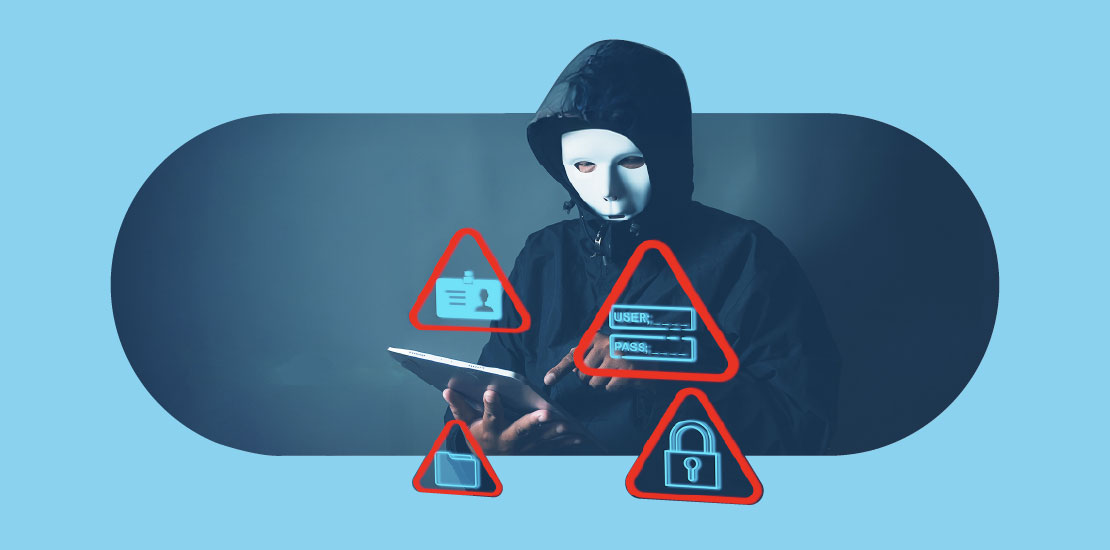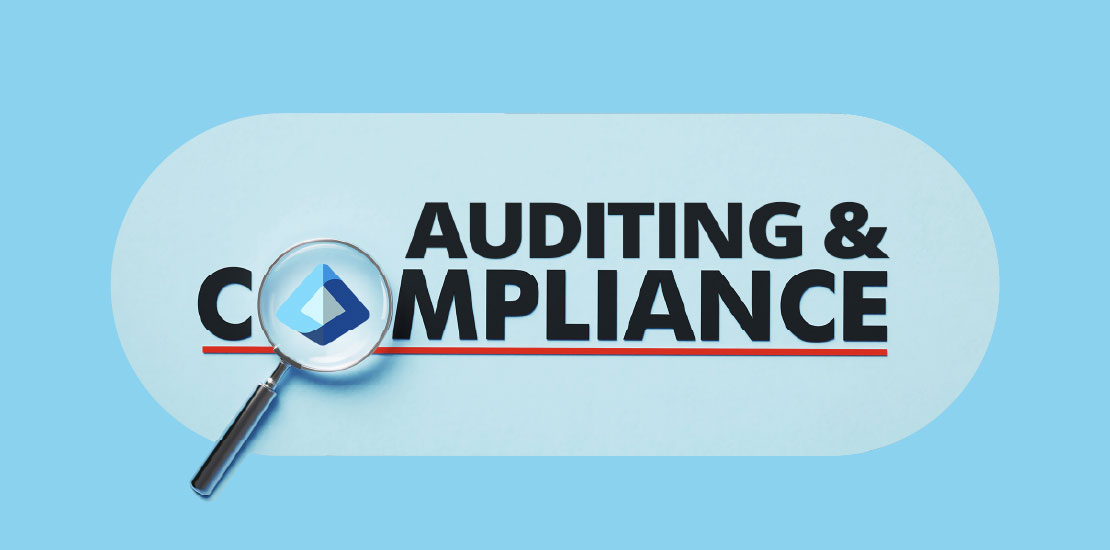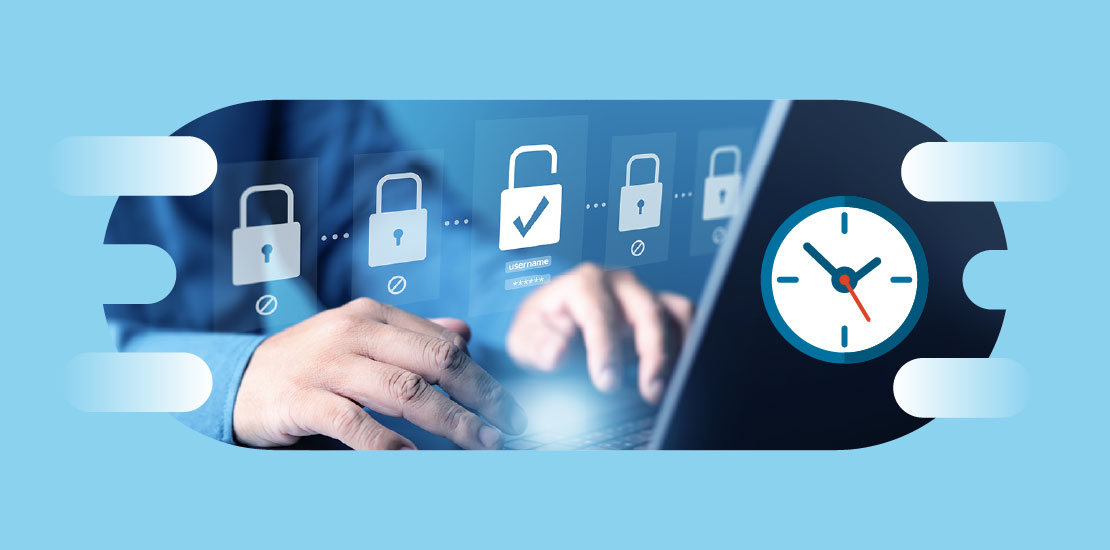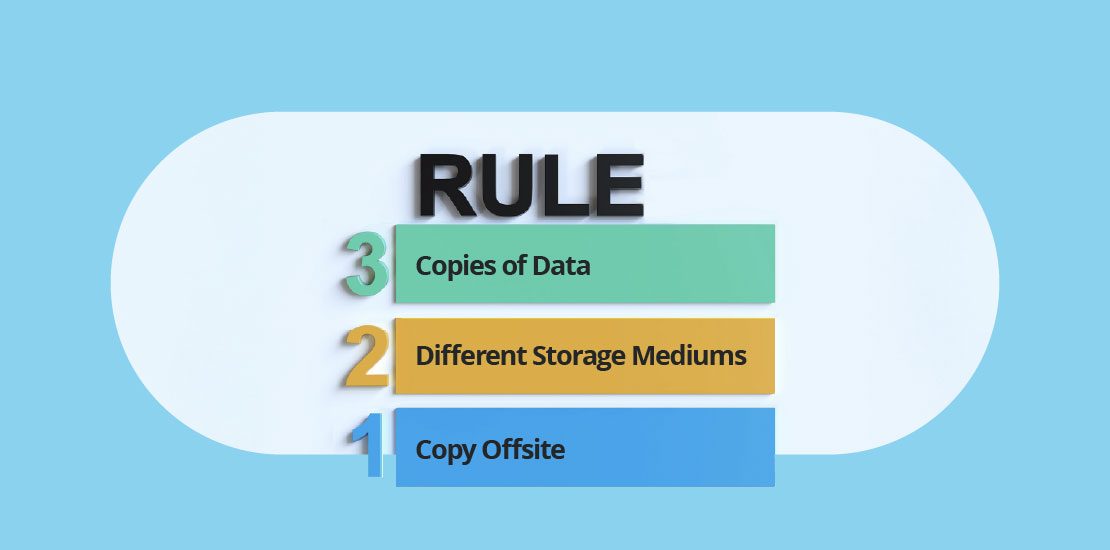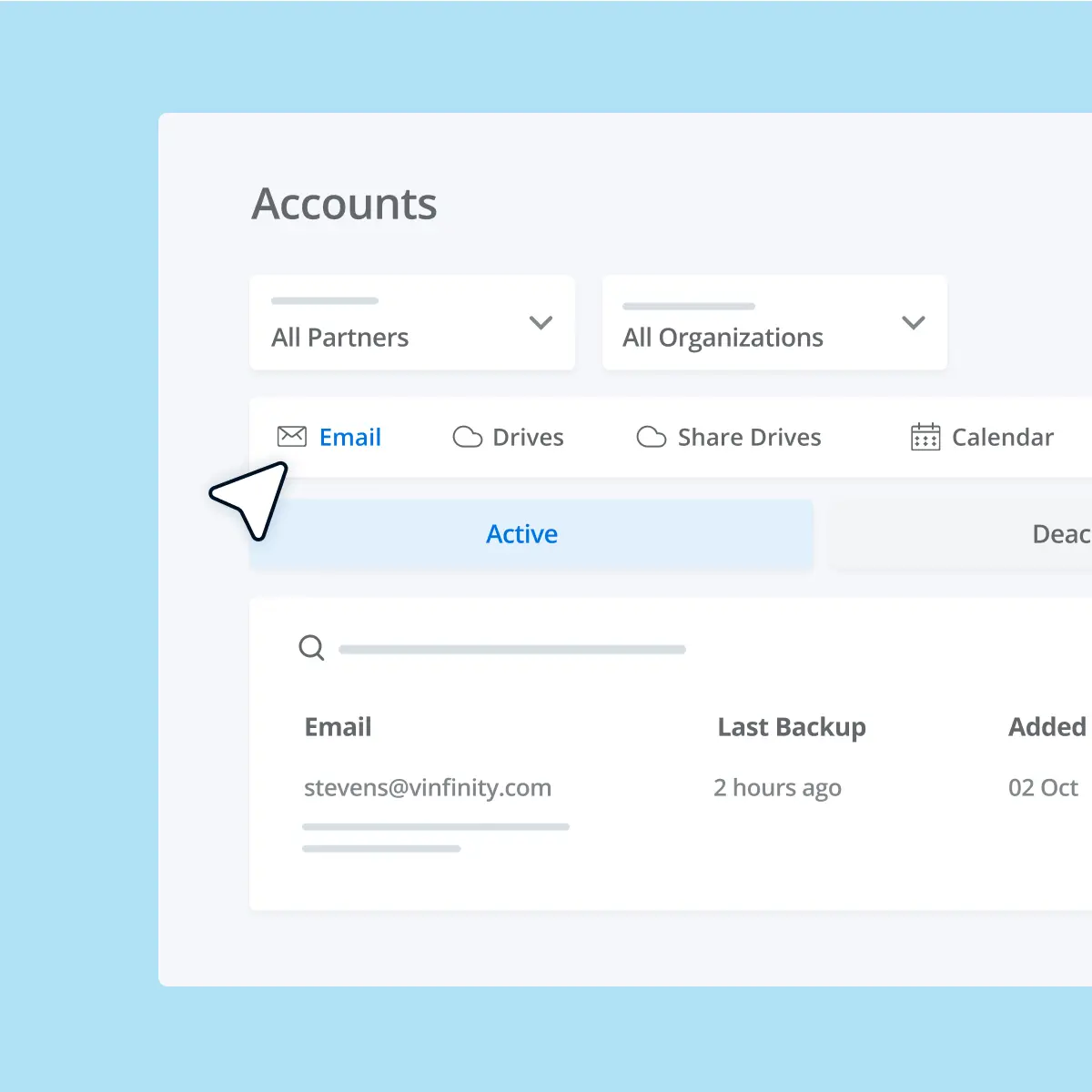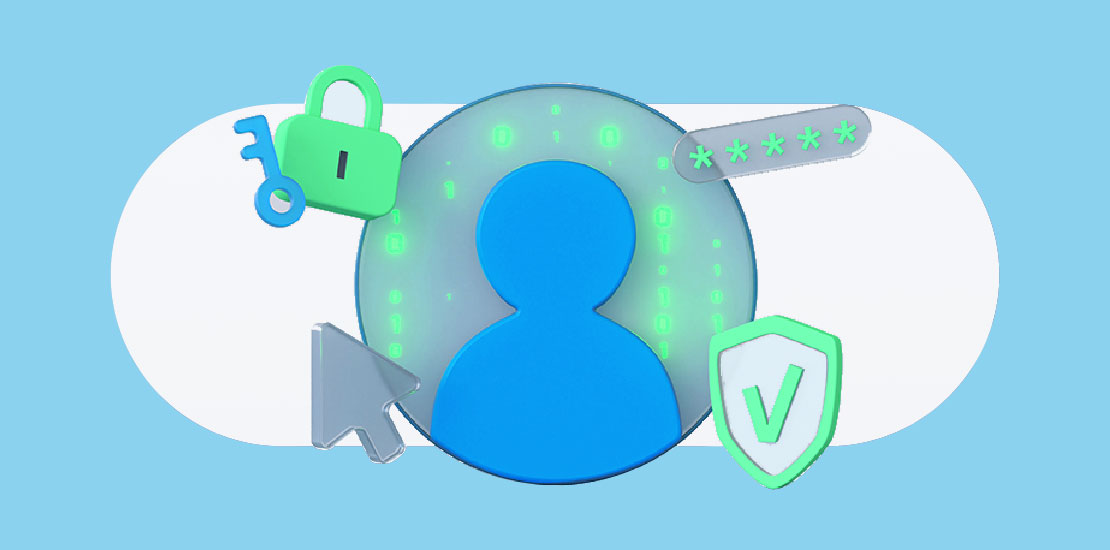Estimated Reading Time: 4 Minutes
Introduction
In today’s evolving cybersecurity landscape, MSPs play a crucial role in helping businesses comply with complex regulations. From overlapping privacy laws to industry-specific standards, ensuring compliance isn’t just about avoiding penalties, it’s about building trust, protecting productivity, and safeguarding reputations. Beyond legal mandates, many industries rely on self-regulating bodies to enforce tailored operational standards, reducing unnecessary red tape while maintaining high compliance benchmarks.
MSPs have a special role to play in helping their clients comply with industry regulations. MSPs need not only to consult and advise their clients on standards and operational requirements but ensure that their own internal cybersecurity standards and controls are up to scratch.
Here are the four ways MSPs can raise the bar on regulatory compliance for their clients.
1. Build Expertise in Targeted Industries for MSP Compliance
It is wise for MSPs to develop vertical market expertise. When an MSP focuses on one or a handful of verticals, everything becomes a lot easier. For instance, with marketing and sales, a vertical focus makes it easier to define your target market, craft unique messaging, and prospect into the target market.
It is also easier to devise technological solutions that meet the unique requirements of the vertical. For example, an MSP may decide to focus on defense contractors, lawyers, and financial firms. All three of these verticals require advanced cybersecurity solutions and are governed by laws and MSP compliance frameworks, which mandate strict protections of private client information. By developing expertise in key verticals, MSPs can craft assessments and audits which are tailored to industry requirements.
Not surprisingly, decision-makers in these segments appreciate MSP analysis and recommendations, which not only raise the bar on cybersecurity standards, but also ensure certification and compliance with vital industry regulations. For example, the Cybersecurity Maturity Model Certification (CMMC) is a framework established by the U.S. Department of Defense to safeguard sensitive information shared with contractors. It sets specific cybersecurity requirements that must be met to bid on defense contracts. For industries like defense contracting, achieving CMMC certification is not just an advantage but a necessity for staying competitive and securing new business opportunities.
2. Leverage Industry Standards for Client Success
Cybersecurity standards are another area where MSPs should beef up their knowledge and expertise. Various MSP regulations often point to other third-party cybersecurity standards, such as the National Institute of Standards and Technology (NIST) Cybersecurity Framework (CSF). The NIST CSF is a comprehensive list of cybersecurity best practices and controls, which enable an MSP to thoroughly analyze and benchmark the cybersecurity maturity of a client. Cybersecurity standards like NIST CSF are critical tools to help MSPs perform risk assessments on prospects or clients, including those requiring HIPAA compliance for healthcare-related data protection.
Other industry regulations point to standards and special publications by NIST. For example, the Securities and Exchange Commission (SEC) recommends that registered investment advisors follow NIST CSF to improve their cybersecurity standards and maturity. In another example, the CMMC regulations which govern defense contractors specify adherence to NIST special publications, such as NIST 800-171. Suffice it to say, written cybersecurity standards are critical resources for MSPs to manage cybersecurity controls for clients and to offer comprehensive MSP compliance solutions tailored to specific industries.
3. Embrace Self-Regulation
MSPs and their clients should embrace self-regulation. The reality is that most industry participants should voluntarily improve their level of attention and adherence to industry regulations. The threat of audits, inspections, or sanctions is helpful to nudge the complacent in the right direction. Nevertheless, most industry regulations rely heavily on self-regulation to drive compliance and follow-through.
For example, the Financial Industry Regulatory Authority (FINRA) is a private US, self-governing entity that specifies rules, best practices, and standards for financial industry participants. FINRA is designed to give industry participants clear guidelines on operations and standards, above and beyond state and federal laws that govern the industry. While FINRA can sanction non-compliance, the general goal is to drive self-regulation at the firm and professional levels, leaving most MSPs to educate themselves on the FINRA Rules on Preserving and Archiving Books and Records.
Similarly, the Digital Operational Resilience Act (DORA) in the European Union emphasizes the need for financial institutions and their third-party providers, including MSPs, to establish operational resilience through rigorous self-regulation. DORA requires MSPs to assess, monitor, and mitigate risks to ensure service continuity and compliance, making it vital for them to help clients proactively meet these standards.
Self-regulation has also emerged as a critical element in the defense contracting space. The Department of Defense’s Cybersecurity Maturity Model Certification (CMMC) program, updated in October 2024, solidified its 2.0 framework to streamline compliance. These changes emphasize a three-level certification model and introduce annual affirmations to enhance accountability. While self-certification remains a requirement for most Level 1 and some Level 2 contractors, organizations can now leverage Plans of Action and Milestones (POA&Ms) to address specific gaps over a 180-day conditional certification period. The takeaway for MSPs is that they play a vital role in helping clients navigate these updated requirements, ensuring compliance and maintaining their eligibility for defense contracts.
4. Raise the Bar: Consider SOC 2 and ISO 27001 Certifications
In the spirit of self-regulation, another option for MSPs is to seek certifications like SOC 2 or ISO 27001. MSPs, like other professional service providers such as accountants and lawyers, have access to vast quantities of private and confidential client information. When MSPs deliver outsourced IT services, they usually have access to nearly everything the client does. Therefore, an MSP relationship is necessarily high trust, and certifications can build that trust with clients.
SOC 2, developed by the American Institute of Certified Public Accountants (AICPA), provides an audit process to validate that third-party service providers – such as CPAs or MSPs – securely manage the information assets and privacy of their clients. Similarly, ISO 27001, an internationally recognized standard, outlines best practices for implementing and maintaining an information security management system (ISMS), making it especially relevant for MSPs serving global or European markets. Both frameworks measure service providers against rigorous standards of security, availability, and data confidentiality.
Achieving SOC 2 or ISO 27001 certification is a high bar for most MSPs, but those who invest in these certifications gain a significant advantage in establishing trust and credibility with prospective clients. Independent auditors verify that the MSP operates at high levels of trust and complies with contractual obligations, whether under SOC 2’s five dimensions or ISO 27001’s ISMS requirements.
For example, the audit process may involve demonstrating that the MSP can quickly restore and recover SaaS data such as emails, calendars, and chats backed up from a client’s Microsoft 365 environment. Availability of information assets is a critical test for both SOC 2 and ISO 27001, requiring MSPs to implement comprehensive backup solutions and demonstrate operational readiness to restore client data and infrastructure swiftly.
At Dropsuite, our IT infrastructure is designed and managed in alignment with security best practices and a variety of IT security standards, including: SOC 2 Type II, FedRAMP Moderate, SO9001 / ISO27001, HIPAA.

